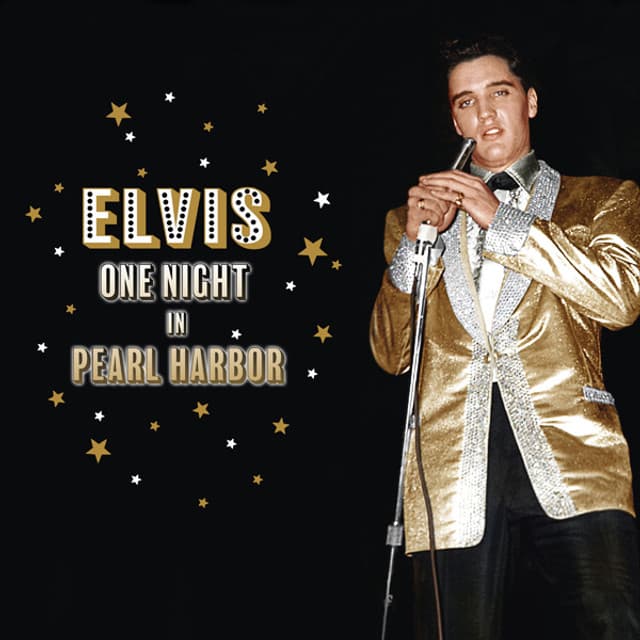
From a night of regret to a plea for a second chance, the song captured the essence of yearning with a rebellious spark.
There are certain songs that, the moment they begin, instantly transport you back in time. They don’t just play; they open a door to a specific moment, a feeling, a memory you thought had faded. For many, Elvis Presley’s “One Night” is one such song, a smoldering, soulful blues number that tells a story far deeper and more complex than its seemingly simple lyrics might suggest. Released in 1958, a time when rock and roll was still finding its footing and public morality was fiercely guarded, this song was not just a hit; it was a testament to the quiet rebellion simmering beneath the surface of American culture. It reached No. 4 on the US Billboard Pop singles chart and, perhaps even more impressively, climbed to the top spot, No. 1, on the UK Singles Chart, proving its universal appeal and the enduring power of its emotional core.
But the version we all know and love, the one with that unforgettable, pleading “One night with you is what I’m now praying for,” wasn’t the song’s original form. That’s the true story behind this track, a fascinating journey from the gritty underbelly of rhythm and blues to the polished, palatable sound of mainstream rock and roll. The song was originally written by Dave Bartholomew and Pearl King and first recorded in 1956 by R&B singer Smiley Lewis under the title “One Night of Sin.” Lewis’s version was raw, a somber confession of a man “paying for” a reckless, impulsive indiscretion. It was the blues in its purest form—a lament for a deed done and the heavy consequence that followed. Elvis, always a keen student of black music, was captivated by the song’s power and recorded his own version in January 1957. However, the original lyrics were deemed far too suggestive, too explicit for a young man who was now a national icon, a public figure whose every move was scrutinized by parents and moral watchdogs across the country.
The story goes that either Elvis himself, his manager Colonel Tom Parker, or the executives at RCA Victor made the fateful decision to clean up the lyrics. The change was simple yet monumental. “One night of sin is what I’m now paying for” became “One night with you is what I’m now praying for.” This single alteration transformed the song from a regretful tale of past transgression into a hopeful plea for a future moment of intimacy and love. It turned a confession of a sinner into the prayer of a lover. This lyrical alchemy allowed the song to bypass the censors and the pearl-clutching public, but it didn’t strip the track of its raw, primal emotion. If anything, the new version, paired with Elvis’s soulful, strained vocal delivery, only amplified the song’s tension. His voice, at once vulnerable and powerful, seems to ache with a longing so intense it’s almost palpable. You can hear the hunger in his performance, the desire for a connection so strong that it becomes a kind of spiritual need.
Released as a double A-side single with the equally electrifying track “I Got Stung,” “One Night” was a smash hit, confirming Elvis’s ability to take an existing tune and imbue it with his own unique, magnetic energy. It’s a song that speaks to the shared human experience of yearning—for a love lost, a love found, or a love that’s just out of reach. For those who were teenagers in the late 1950s, this song was more than just music; it was a soundtrack to their own unspoken hopes and desires, a secret language of emotion that their parents could never fully understand. It was a bridge between the rebellious new sound of rock and roll and the timeless sentiments of longing and desire, forever cementing its place as a classic in the great American songbook. It remains a beautiful, bittersweet reminder of a time when a simple change of lyrics could alter a song’s destiny and capture the heart of a generation.